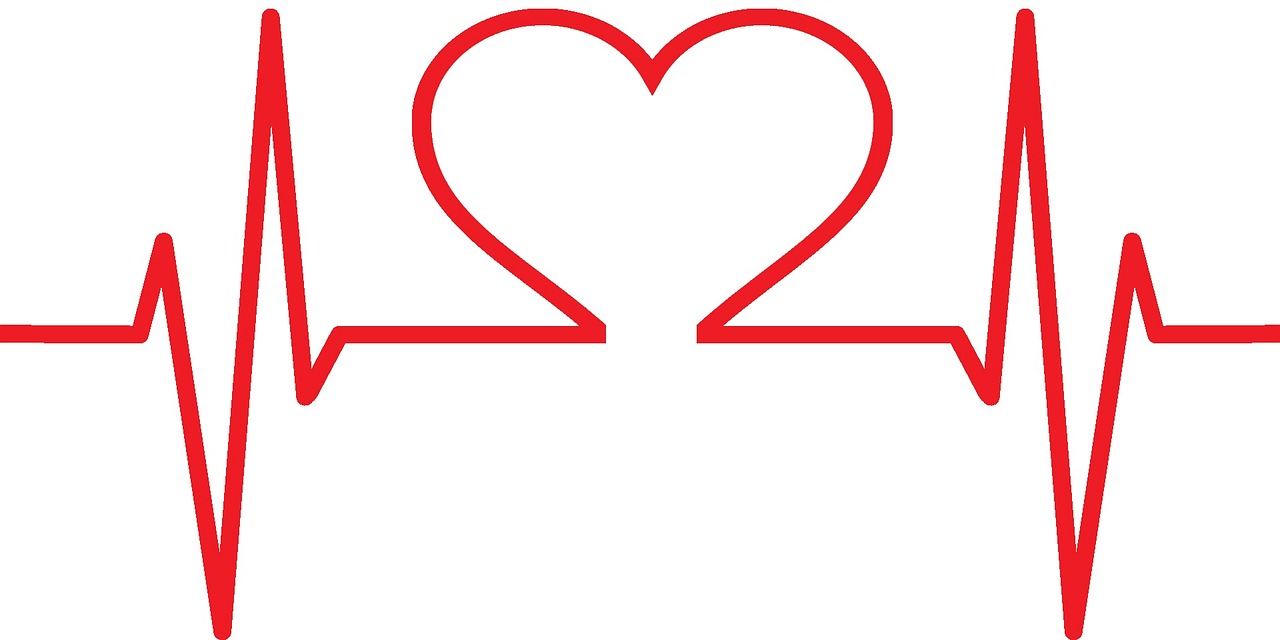Heart health is one important dimension when considering the general status of a person. Considering that the heart is the greatest killer worldwide, it is very important to know the risk factors for heart health and how to be proactive in keeping it at par. This blog will discuss some common risk factors of heart disease and give practical tips on how one can manage such risks through lifestyle modifications and medical treatment.

Common Risk Factors for Heart Disease
1. High Blood Pressure (Hypertension):
– Definition: The pressure of blood is said to be high when blood is pushed through the walls of arteries that become very strong. This might result in damaging the vessels of blood and at last causes heart diseases.
– Risk Management : Monitoring of pressure readings, reduction in salt intake, regular exercise, and attaining optimal weight. Medications may also be necessary and should be taken only on the advice of a doctor.
2. High Cholesterol:
• What: Cholesterol s a fatty substance carried by your blood. An elevated level may result in the formation of plaque deposits at the inner linings of your arteries, incredibly increasing your risk in having heart disease.
• Lower the risk: Be on a diet that nourishes the heart with food low in saturated and trans-fats but contains high amounts of fruits, vegetables, whole grains and lean proteins; remain physically fit through regular exercise, and if required, constantly be on drugs that lower cholesterol.
3. Family History:
Your risk would be heightened with a family history of heart disease, as some causes of cardiovascular disease are hereditary.
How to manage the risk: Know your family history; share it with your health provider because he or she may want to start screening with you earlier and more often and with other preventive measures.
4. Smoking:
– What: Smoking damages the inner lining of your arteries. It also decreases oxygen levels inside blood and elevates blood pressure, increasing a person’s risk for heart disease.
– Risk Management: Stop smoking and avoid second-hand smoke. There are so many resources-counseling, medications, nicotine replacement therapies- available to help a person quit.
5. Diabetes:
• What: Diabetes increases your chances of heart disease. Over time, high levels of blood sugar and insulin can damage the blood vessels and nerves that regulate your heart.
• Control the Risk: The blood sugar level must be kept under check through the diet, regular exercise, and medications, if needed. Regular monitoring along with close collaboration with the health team at hand is of utmost importance.
6. Obesity:
It means that being overweight, especially around the abdomen, raises the risk of heart diseases via associated conditions like raised blood pressure, increased blood cholesterol, and diabetes.
Risk Management : A balanced diet and regular exercise to maintain weight at an optimal level will be advised. Workable realistic goals on weight loss, with support ideally from a nutritionist or any weight management program, turns out to be most effective.
7. Physical Inactivity:
– What: Lack of exercise leads to overweight and increases the chances of heart disease.
– Risk Management: Achieve 150 minutes of moderate-intensity, aerobic physical activity or 75 minutes of vigorous-intensity workout every week. Daily walking, cycling, swimming, or dancing will keep your heart in pink health.
Take the Reins of Your Heart’s Health
1. Routine Check-ups:
– Make frequent visits to your general practitioner to assess the condition of your heart and to notify of any concerns you might be experiencing or changes you’ve noticed or felt.
2. Eat Healthy for Your Heart
– Eat a proper diet containing a lot of fruits, vegetables, whole grains, and low-fat proteins. Avoid excessive consumption of foods that are high in saturated and trans fats, sodium, and added sugar.
3. Being Active
– Incorporate physical activity into your daily life. Do those activities which you really like, and it will be easier for you to stay active.
4. Learn to Manage Stress
– Chronic stress is a heavy load on your heart. Deal with stress through increased mindfulness, meditation, deep breathing techniques, or any of your favorites.
5. Reduce Alcohol:
– Drink alcohol in moderation. Excessive alcohol in your blood can increase your blood pressure and triglycerides. It can harm your heart.
6. Sleep Enough :
Get 7-9 hours of good sleep most nights. Poor sleep can have a bad effect on the heart.
Conclusion
Good heart health is promoted by lifelong learning about your personal risk factors and acting wisely. All of the above-mentioned things can play a huge part in stopping the risks of heart disease: controlling blood pressure, cholesterol, and diabetes; smoking cessation; having a healthy weight; staying active; stress reduction. It is also pretty important to continue following up with your health care professional to continue to keep track of and keep making changes with your risk factors. Your heart is the motor of your body. Keep it fit, and it will keep you fit.